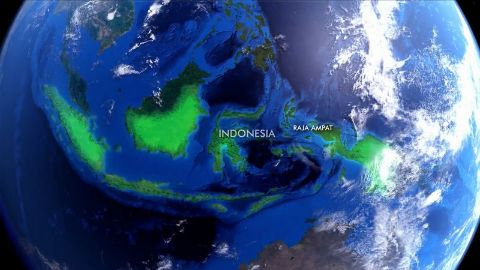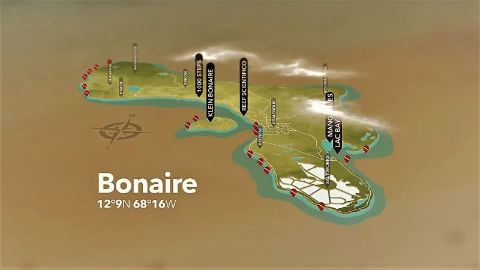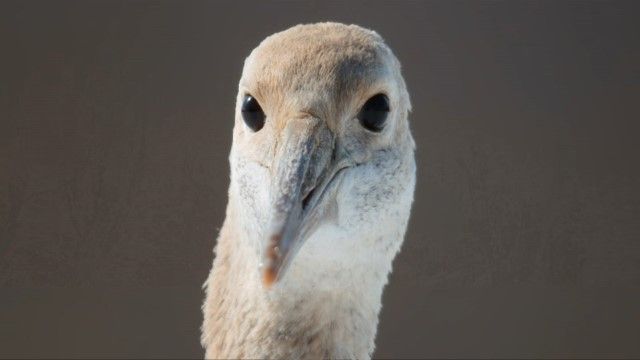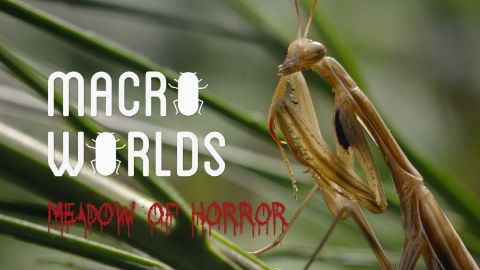The Natural History of the Chicken • 2000
While most know chicken as a dinner-plate staple, few pause to consider this bird’s many virtues. In this fascinating and gently comic documentary, director Mark Lewis delves into the under-recognized complexities of this seemingly simple animal. Through interviews with those who have formed unique bonds with chickens and narrative vignettes depicting the birds at their magical best, Lewis allows us to rethink our relationship to a creature we have previously taken for granted, while at the same time providing a lens through which we can view ourselves anew.
Make a donation
Buy a brother a hot coffee? Or a cold beer?
Hope you're finding these documentaries fascinating and eye-opening. It's just me, working hard behind the scenes to bring you this enriching content.
Running and maintaining a website like this takes time and resources. That's why I'm reaching out to you. If you appreciate what I do and would like to support my efforts, would you consider "buying me a coffee"?
Donation addresses
BTC: bc1q8ldskxh4x9qnddhcrgcun8rtvddeldm2a07r2v
ETH: 0x5CCAAA1afc5c5D814129d99277dDb5A979672116
With your donation through , you can show your appreciation and help me keep this project going. Every contribution, no matter how small, makes a significant impact. It goes directly towards covering server costs.





